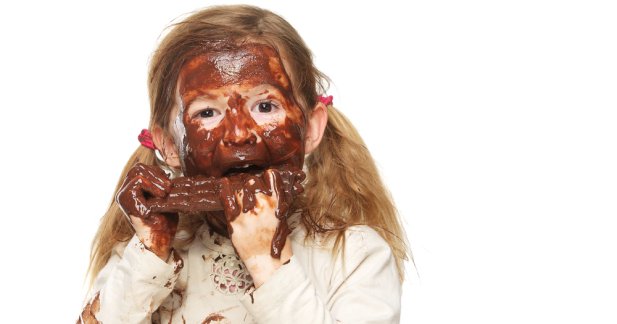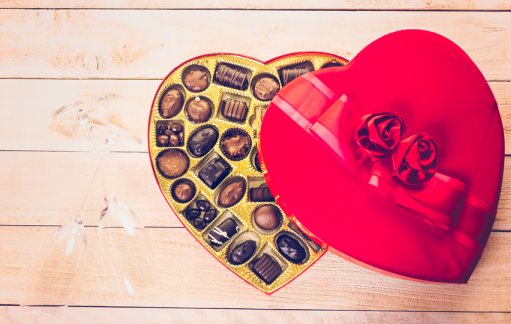
Do You Think You Are Addicted To Chocolate?
April 12, 2022
Did you know that according to research, chocolate is one of the most craved foods in the world? Some people even claim that they are chocoholics but, is it really possible to be addicted to it? Can we even consider it as a drug?
Over the years, chocolates have been marketed as something pleasurable and somehow connected to our emotions and affection (especially in women). Have you ever received a box of chocolates as a token of appreciation or when someone wants to apologize to you?
Oh, and don’t forget the holidays like Valentine’s Day, Easter, Christmas Day, or New Year’s Day, when chocolates are wrapped in special packaging to attract people to buy for their loved ones. All of this, just because, chocolate is being craved all over the world.
But, why does it make you feel so good? And, is it addictive?
Cacao, the base ingredient of chocolate, causes the brain to release endorphins and dopamine which works with our brain receptors to make us feel good. It even enhances our mood and induces feelings of pleasure simply because it tastes so good! No wonder we crave chocolates whenever we are feeling blue.
It also contains psychoactive ingredients which may help reduce symptoms of depression. And every time you eat chocolate, it gives you natural substances that produce similar feelings to those of falling in love.
Caffeine and Theobromine are two substances in chocolate that help boost our serotonin level, which gives us a mood boost. Do you have women in your life who crave for chocolates during their PMS and menstruation? This is because their serotonin levels are down at this moment, and chocolate gives them a pleasurable feeling by increasing serotonin levels.
The Most Addictive Types of Chocolate
Aside from all these substances, the most addictive types of chocolate may be those highest in sugar and fat, which you can often find in milk and white chocolates. These two types of chocolates are high in sugar and milk, which triggers a whole new level of feel-good chemicals like dopamine in our brain.
After munching on a bar or two, your brain now thinks you should have this pleasurable treat again and again and again. And that is why the next time you see your favorite chocolate bar your brain is already familiar with that lovable feeling.
It’s like seeing a Ferrero Rocher in its glorious packaging, and it brings you back to a certain memory where it made you feel happy. Then, the next thing you know, you can’t stop eating until you finish the first box and already opening another one! It just tastes so good you should have it again tomorrow! Who’s guilty? Only me?
This vicious cycle is like that of a drug where in the more you take it in the long run, the more you need to feel that high again. Both chocolate and drugs releases dopamine which triggers our brain’s feel-good state and they both make you want to have more. However, you don’t see a chocoholic in a NA meeting, right? In fact, research says that the chemicals in chocolates are not high enough to lead to addiction. So maybe we just love it that much? I can’t even imagine a world without chocolate, that would be a dark place to live in. In fact, just the thought that I don’t have any chocolates with me as I’m writing this is already making me sad.
Is Chocolate a Drug?
Since chocolate is “technically” not a drug, it may be different to other people who are struggling with eating disorders. Also, anything can be considered a drug if used like one. The best way to reap the health benefits of chocolate is to switch over to darker types. Best choice should be at least 70%, but the darker the better! We’ve shared some ideas on how you can incorporate dark chocolate in your daily diet so be sure to check that out for some tips.
As ever, the key is moderation and checking the label! You are not alone in those chocolate cravings and there are healthier ways to satisfy them. And while eating chocolate is a quick fix for your anxious and stressful days, it is definitely not a long-term solution. If you notice signs of an unhealthy relationship with chocolate, reach out to a qualified healthcare professional who can help you manage it.
So, what do you think? Is chocolate a drug? Do you consider yourself a chocoholic? Let me know in the comments below or tag me on Facebook and Twitter!
Take a Look at Our Online Chocolate Class!
- Easy Chocolate Easter Nests Recipe - April 15, 2025
- The Best Chocolate Gifts for Easter (That Everyone Will Love!) - April 8, 2025
- National Chocolate Mousse Day: How to Make the Perfect Chocolate Mousse - April 1, 2025



